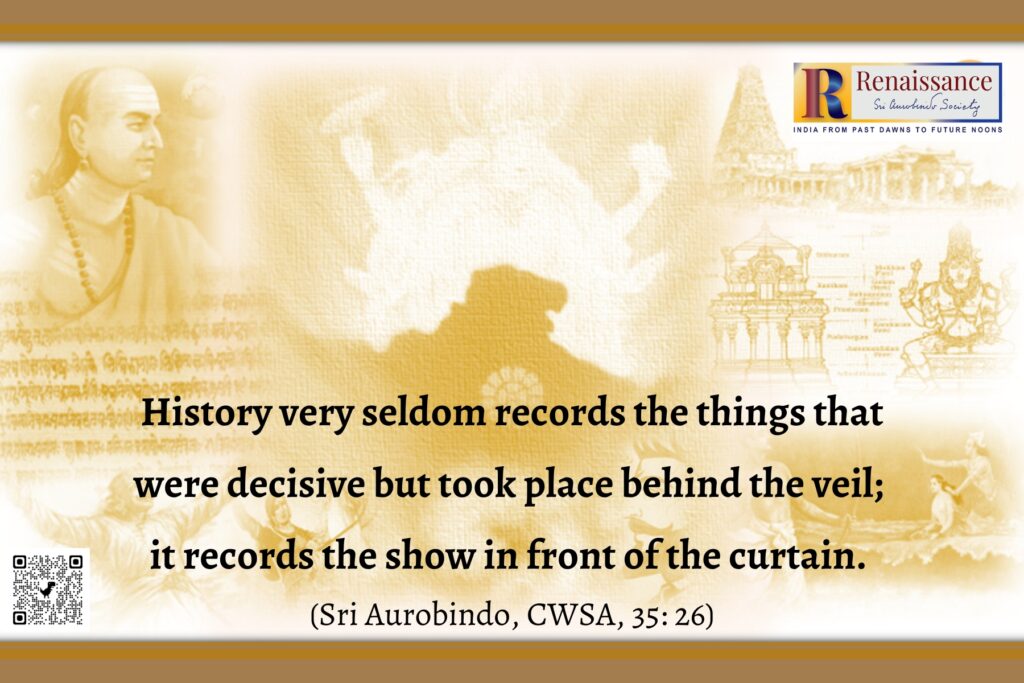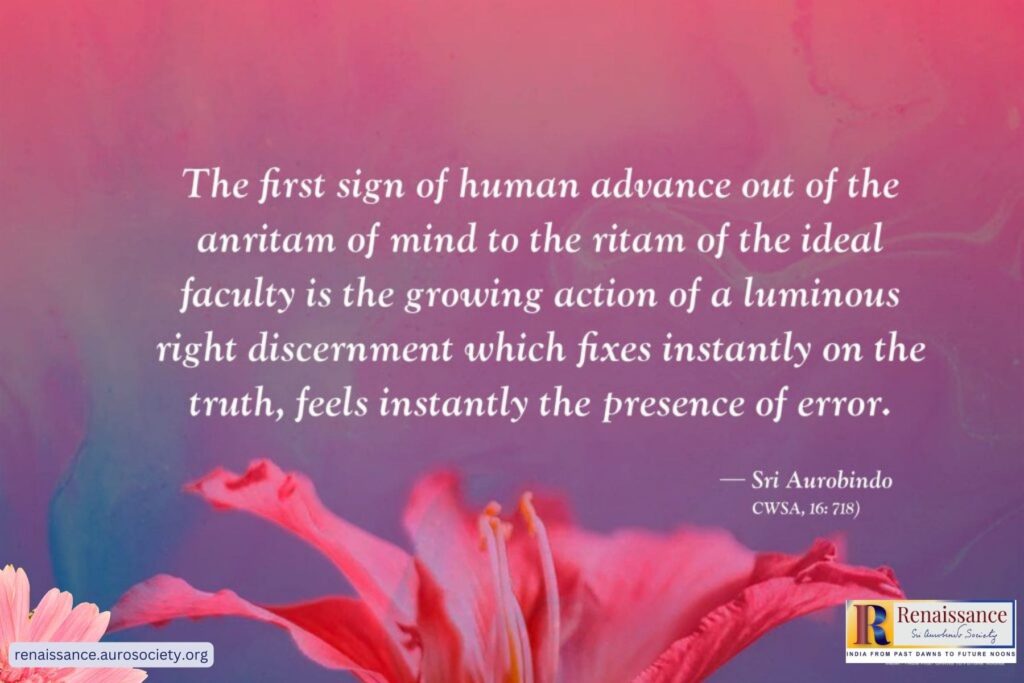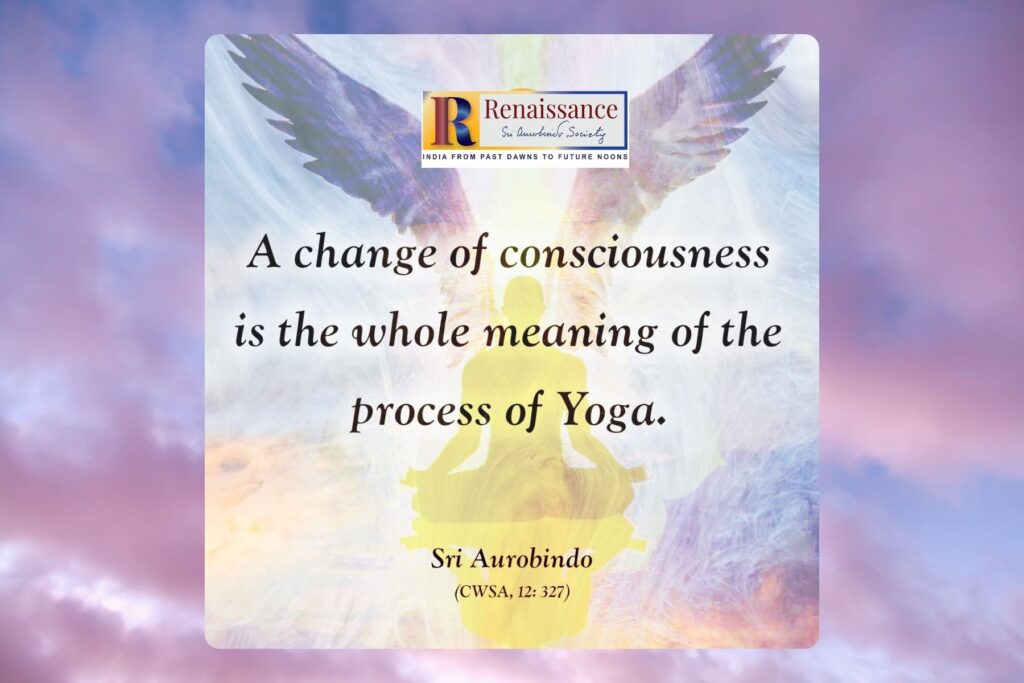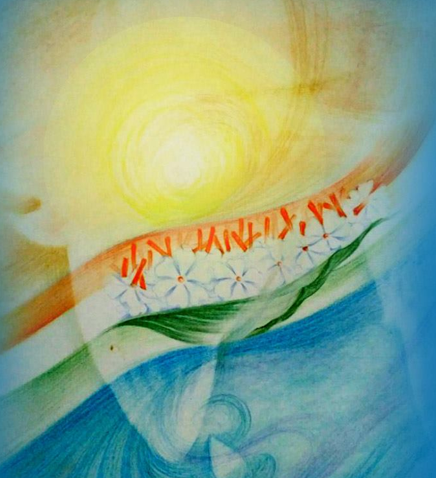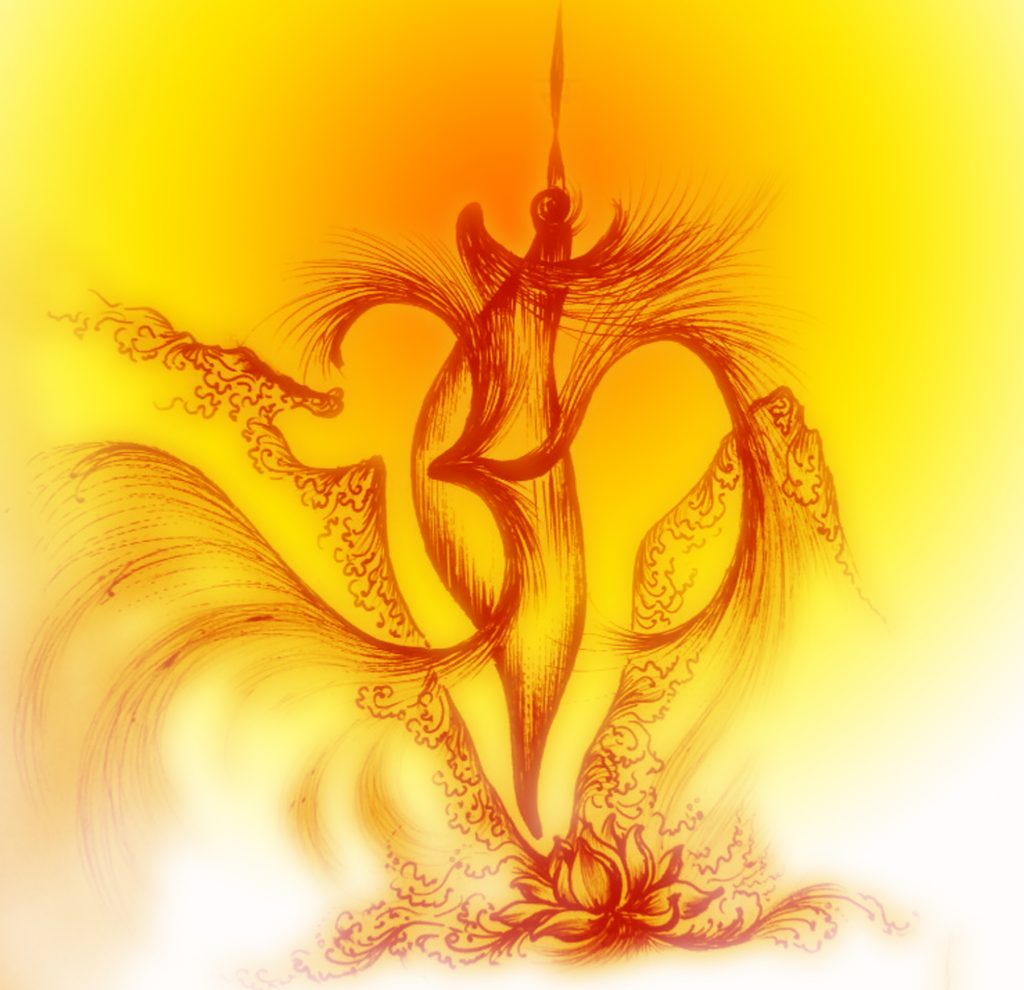Book Excerpts – ‘History and Culture of India: A New Approach’
Exploring the theme of sincerity in history, we feature excerpts from a couple of introductory chapters from a book authored by Prof. Kittu Reddy, a long-time resident of Sri Aurobindo Ashram and teacher of Indian History and Culture at Sri Aurobindo International Center of Education. The author suggests that when examining Indian history from a subjective point of view, external events gain greater importance in the light of the inner psychological vision and deeper forces behind them.
Book Excerpts – ‘History and Culture of India: A New Approach’ Read More »

